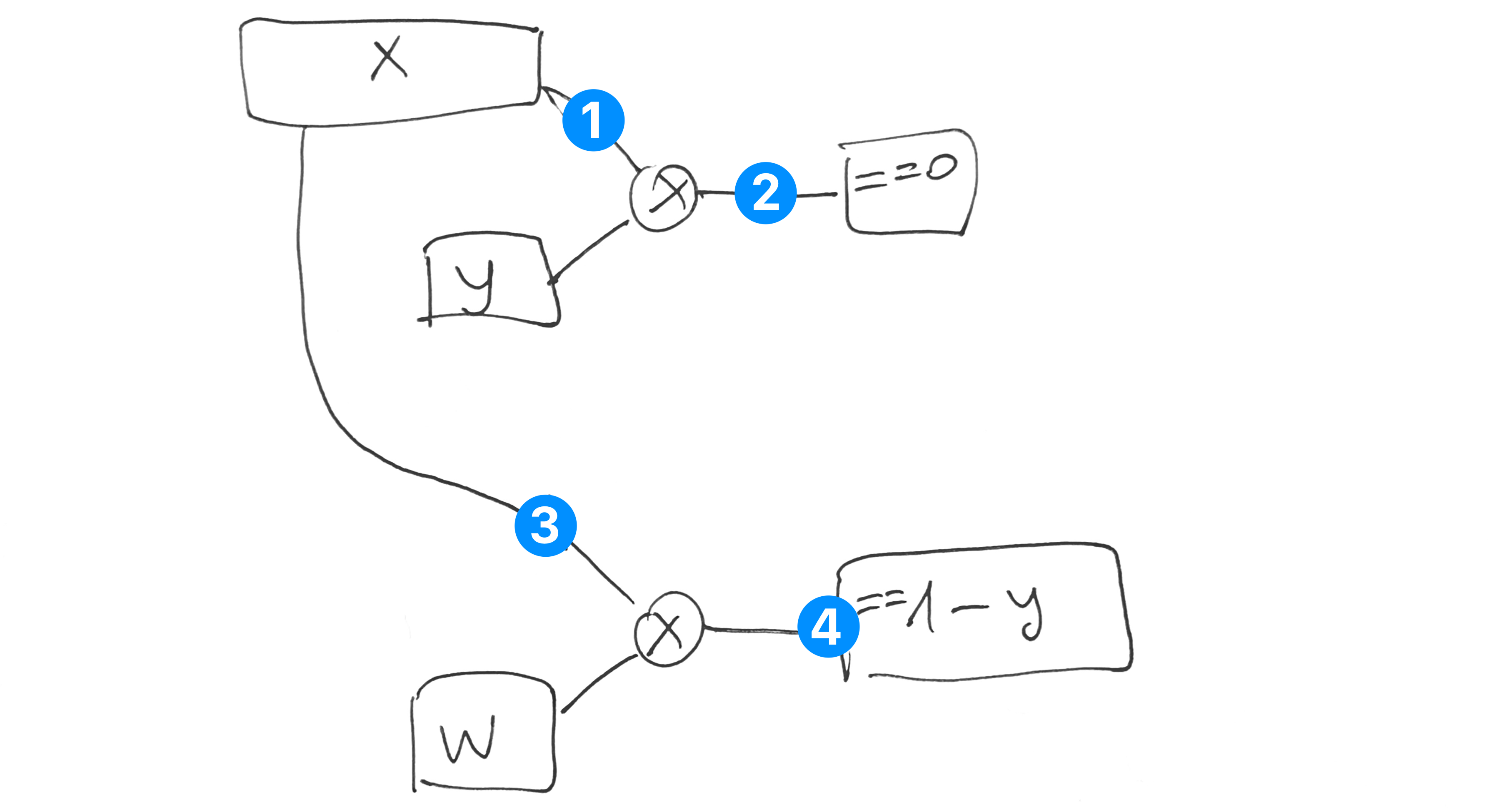Accelerating trajectory into interstellar space.
Slingshot is a new blockchain architecture under active development, with a strong focus on scalability, privacy and safety.
The Slingshot project consists of the following components:
Demo node where one can create transactions and inspect the blockchain.
- Visit a public instance: zkvm-demo.stellar.org.
- Run on your own machine: see instructions.
ZkVM is a transaction format with cloaked assets and zero-knowledge smart contracts.
Abstract blockchain state machine for the ZkVM transactions.
Interstellar’s implementation of Cloak, a confidential assets protocol based on the Bulletproofs zero-knowledge circuit proof system.
A pure Rust implementation of the Schnorr signature scheme based on ristretto255.
A pure Rust implementation of the Simple Schnorr Multi-Signatures by Maxwell, Poelstra, Seurin and Wuille.
A key blinding scheme for deriving hierarchies of public keys for Ristretto-based signatures.
A Merkle tree API for computing Merkle roots, making and verifying Merkle proofs. Used for ZkVM transaction IDs, Taproot implementation and Utreexo commitments.
Based on RFC 6962 Section 2.1 and implemented using Merlin.
API for managing accounts and receivers. This is a building block for various payment protocols.
Small p2p networking library that implements peer management logic with pluggable application logic. Implements symmetric DH handshake with forward secrecy.
Simple encoding/decoding and reading/writing traits and utilities for blockchain data structures.


